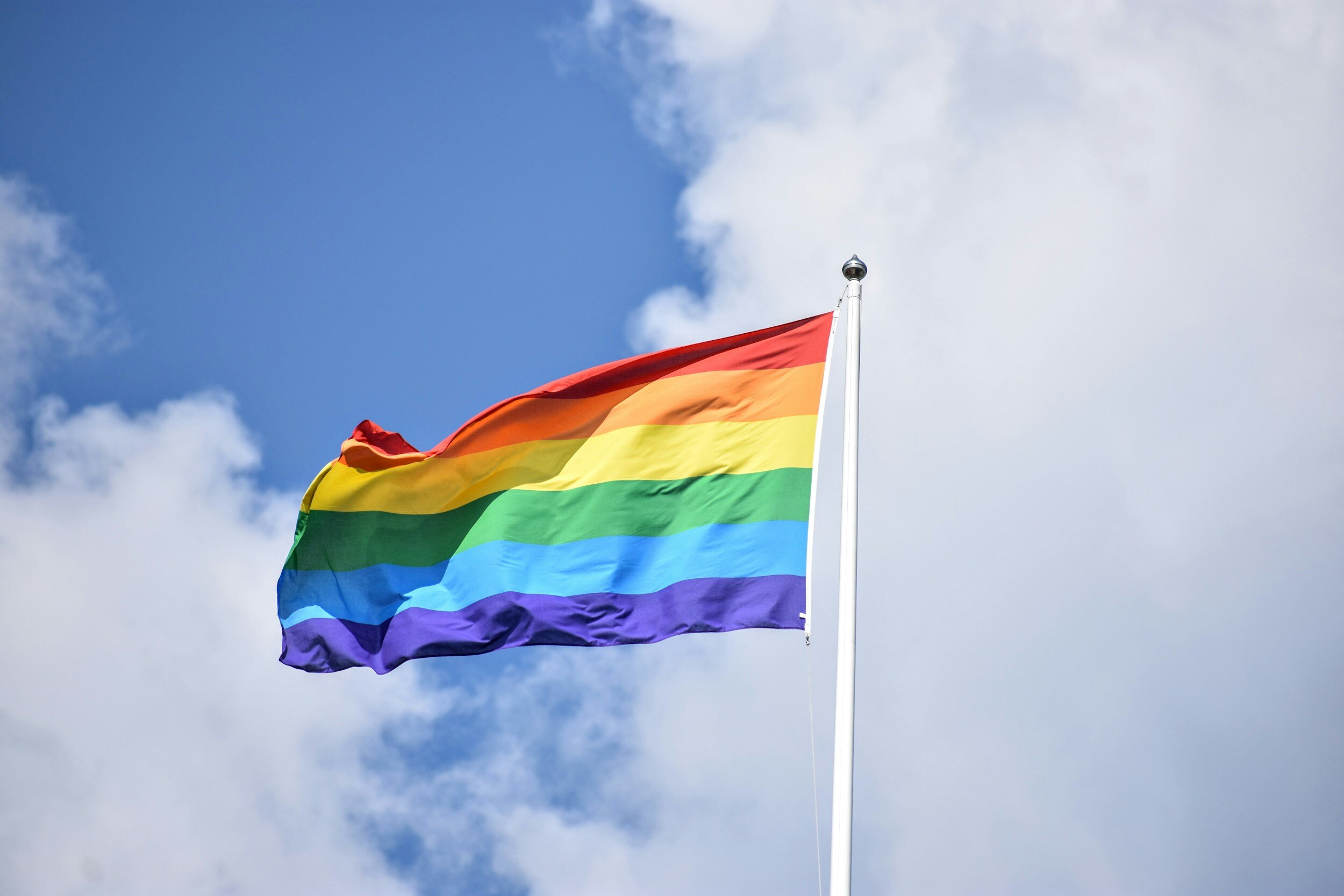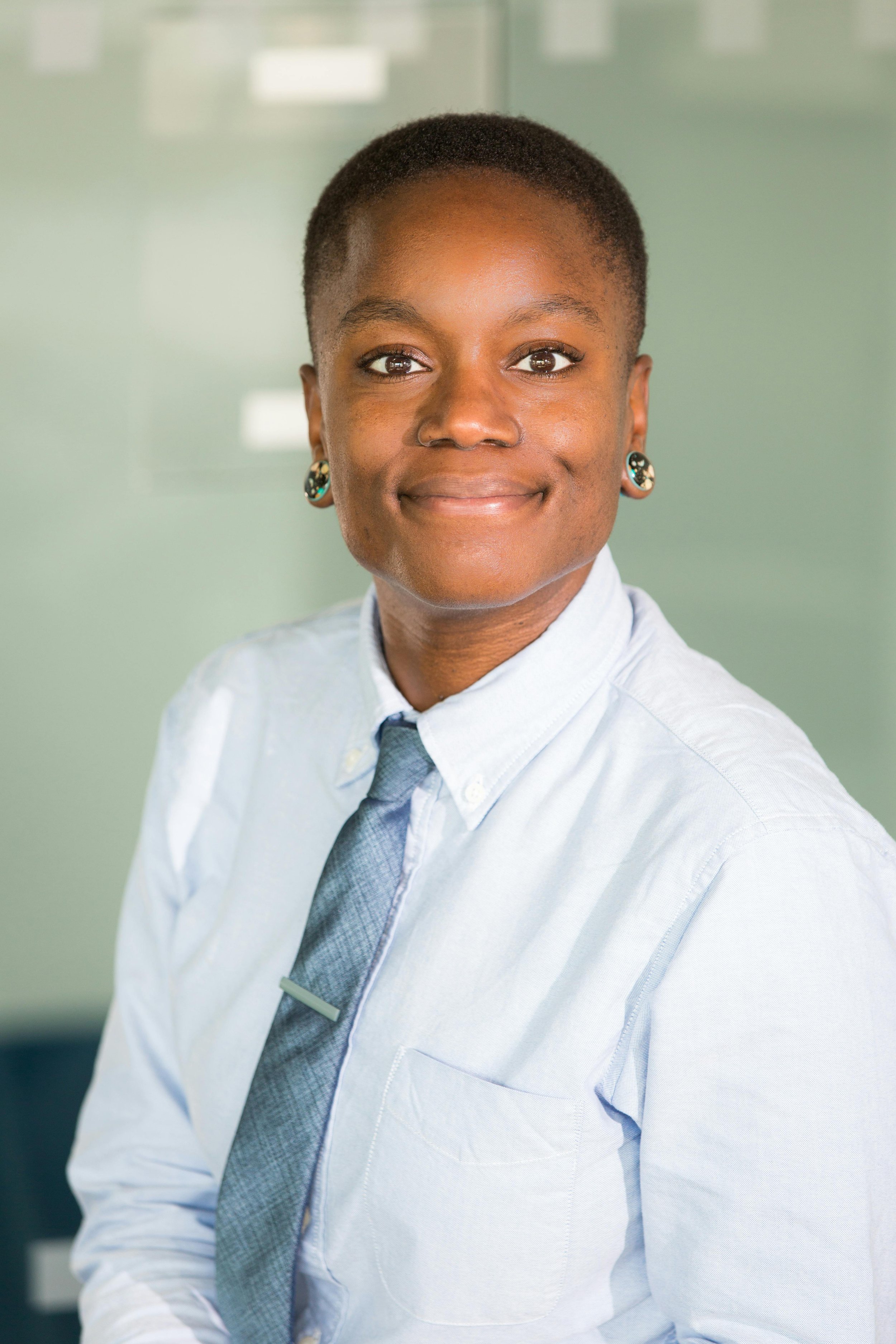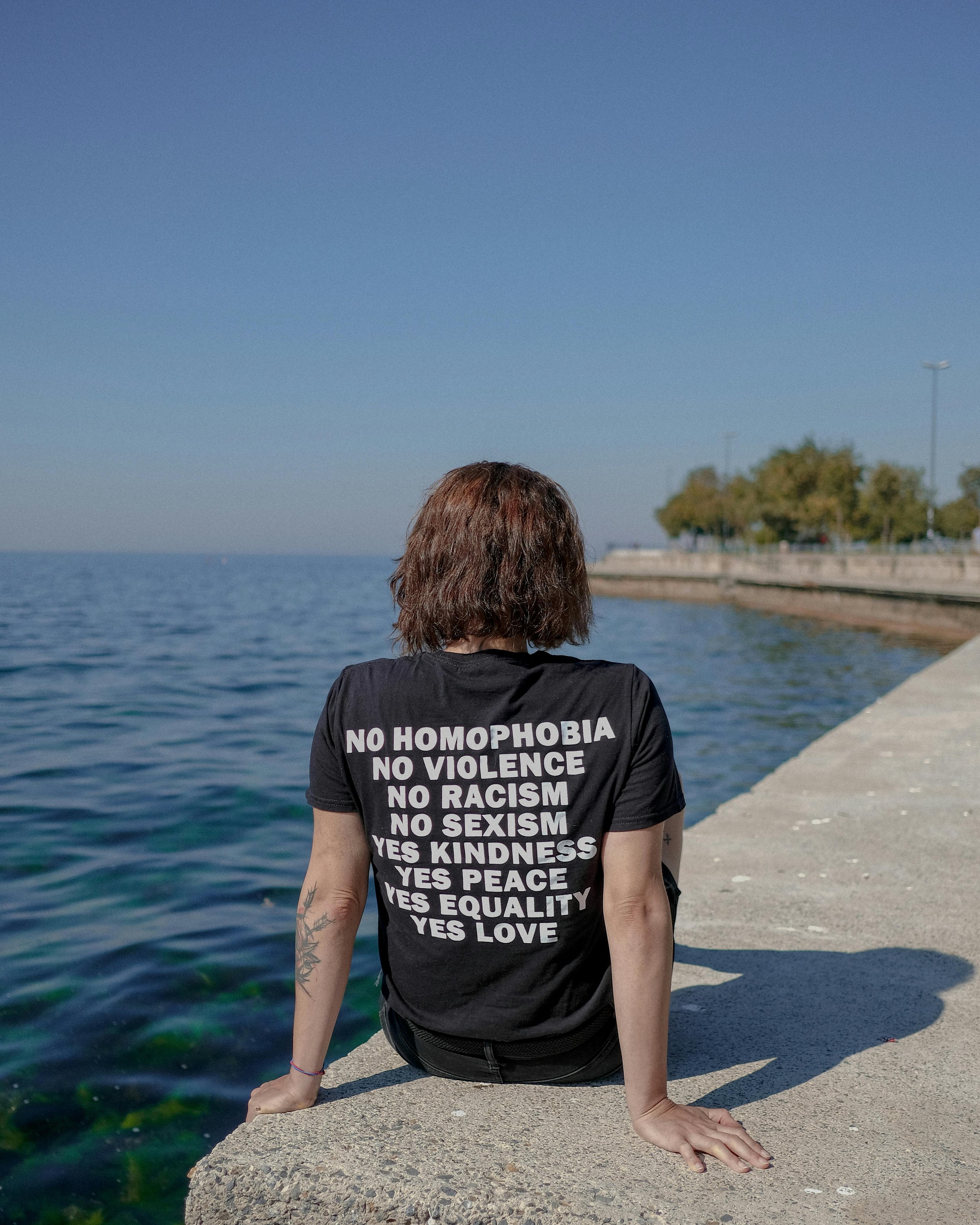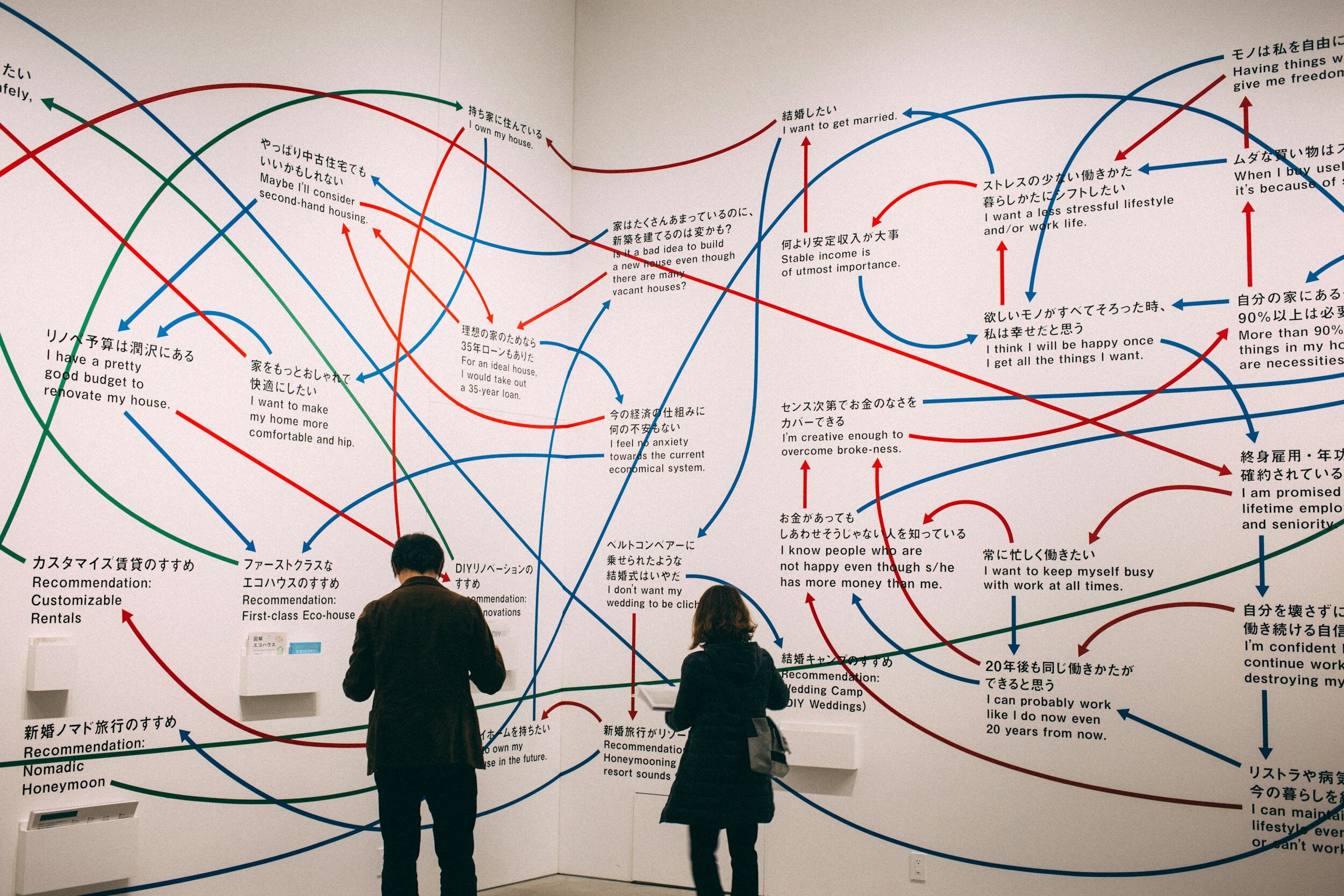
LGBTQIA+ Affirming Therapy in Great Barrington, MA
You deserve to have a space where you feel seen, heard and understood.
Individual Therapy for LGBTQ+
Navigating life as a Gay or Queer Person comes with unique challenges and experiences that can deeply impact mental and emotional well-being. Rachel Duvall, a therapist in Great Barrington, Massachusetts, is an ally for the LGBTQIA+ community and is passionate about providing a supportive and affirming space for those in the LGBTQIA+ community.
Understanding the complexities around identity, relationship dynamics, and societal pressures, Rachel helps queer clients explore their feelings, process trauma, overcome obstacles, and embrace their authentic selves. Therapy can play an essential part in addressing issues like the impacts of oppression and discrimination, coming out, symptoms of anxiety, relationship dynamics, depression, and impact of religious trauma. Rachel makes a commitment as a therapist, and social worker to continue to seek training and consultation to ensure she provides her LGBTQIA+ clients with the most effective and supportive care possible. We’re here to support you in Great Barrington, MA and throughout the state of Massachusetts and Florida.

Rachel is a clinical social worker and psychotherapist who specializes in treating women, parents, and young adults with anxiety, perfectionism tendencies, low self esteem and trauma. As an EMDR Therapist, she is passionate about helping clients who feel unseen and overwhelmed to find their voice and their place in the world.
LGBTQIA+ Affirming Therapist in Great Barrington, MA
4 Signs You Might Consider Therapy as an LGBTQIA+ or Queer Person
For many in the queer community, their path may be marked by personal struggles with self-acceptance, mental health challenges such as anxiety, depression and trauma, the complexities of coming out, navigating unique relationship dynamics, and confronting societal prejudices. Not to mention the religious piece for so many in the LGBTQIA+ community.
Here are 4 signs that you might consider going to therapy as an LGBTQIA+ or Queer Person:
Struggling with identity or self-acceptance related to your LGBTQIA+ identity.
Experiencing anxiety, depression, PTSD symptoms (trauma) or other mental health issues linked to encountering oppression, discrimination, homophobia, or transphobia.
Facing challenges with coming out to family, friends, or colleagues.
Dealing with relationship issues, especially those unique to LGBTQIA+ relationships.
Recognizing these signs as calls is huge in order for you to deeply consider that therapy could be the best next step for you in your personal growth journey. Therapy with an LGBTQIA+ affirming therapist offers a compassionate space to explore these aspects of your life, cultivating a deep curiosity of self-discovery, resilience, and acceptance. If you resonate with any of these experiences, consider reaching out for support, where your identity can be affirmed, and your challenges addressed with care and understanding. Schedule an online therapy appointment or see Rachel in person in her counseling clinic in Great Barrington, MA.

Get Started With LGBTQIA+ Affirming Therapy in Great Barrington, MA Today
Schedule a Consultation
Take the first step towards healing and wholeness by scheduling a free consultation with Rachel Duvall. During this initial appointment, she will take the time to understand your unique concerns, goals, and needs as a person in the LGBTQ community. Together, you'll explore how therapy can help you in your journey of becoming more of you and less of what the world expects or demands of you.
Develop a Plan
After your free consultation, you'll work collaboratively with Rachel to develop a personalized treatment plan tailored to address your specific symptoms and challenges. This plan could include things like individual therapy, somatic healing techniques, coping strategies for anxiety symptoms, and other evidence-based interventions. There will be clear goals and strategies to help you feel more like yourself.
Find Relief
With the support of Rachel and a personalized treatment plan, you'll begin to experience relief from symptoms of anxiety, depression, PTSD symptoms or whatever may be the primary concern for you. Through therapy, you'll gain valuable insights, coping skills, and resources to navigate challenges with greater ease and resilience. We’re better together.
How Can Therapy Help Someone In The LGBTQIA+ Community With Symptoms of Anxiety?
For many, they have never known a day apart from anxiety while others have noticed a marked difference since coming out or beginning to express how they really feel. Therapy offers hope, providing tools and insights to navigate these, what can feel like, wild moments.
Through personalized strategies, therapy can help you better manage the symptoms of anxiety into something that feels far more manageable.
Here are some ways in which therapy can help reduce the symptoms of anxiety.
Understanding Triggers: Identifying what sparks your anxiety to better manage reactions.
Coping Strategies: Learning techniques like deep breathing and mindfulness to calm your mind.
3. Reframing Thoughts: Changing negative thought patterns into positive ones.
4. Self-Compassion: Encouraging kindness towards oneself, easing self-criticism.
5. Addressing Root Causes: Exploring deeper emotional issues linked to anxiety.
Going to therapy to help better manage your anxiety can lead to significant changes in how you experience the world, others and yourself. We would love to support you in helping you better manage your anxiety symptoms.
If you're ready to take the first step towards overcoming anxiety symptoms, schedule a free consultation with Rachel Duvall. We are here to support you on your journey to feeling more like yourself and living life on your terms.
Understanding The Different types of Anxiety
Anxiety is a broad term encompassing several disorders, each affecting individuals differently. Research is showing that as many as 3 in 5 folks in the LGBTQ+ community experience anxiety in some way shape or form while half of the community has experienced depression in varying degrees. It’s important to better understand these symptoms of anxiety whether for yourself or for those you love who are in the LGBTQ community.
Generalized Anxiety Disorder (GAD): GAD is characterized by excessive worry and anxiety about a wide range of everyday events or activities. Individuals with GAD often experience chronic, persistent anxiety that interferes with their daily functioning and quality of life.
Social Anxiety Disorder (SAD): SAD, also known as social phobia, involves intense fear or anxiety about social situations, such as public speaking, meeting new people, or participating in group activities. People with SAD may avoid social interactions or experience significant distress when faced with social scrutiny or judgment.
Panic Disorder: Panic disorder is characterized by recurrent, unexpected panic attacks, which are sudden episodes of intense fear or discomfort accompanied by physical symptoms such as rapid heartbeat, sweating, trembling, and shortness of breath. Individuals with panic disorder often live in fear of experiencing another panic attack, leading to avoidance behaviors and heightened anxiety.
Specific Phobias: Specific phobias involve irrational and excessive fear or anxiety about a particular object, situation, or activity. Common phobias include fear of heights, spiders, flying, needles, and enclosed spaces. Phobias can significantly disrupt daily life and lead to avoidance behaviors to prevent encountering the feared stimulus.
Obsessive-Compulsive Disorder (OCD): OCD is characterized by intrusive, unwanted thoughts or obsessions, which lead to repetitive behaviors or rituals known as compulsions. These compulsions are performed in an attempt to alleviate anxiety or prevent perceived harm, but they often provide only temporary relief and can interfere with daily functioning.
Separation Anxiety Disorder: Separation anxiety disorder is characterized by excessive fear or anxiety about being separated from attachment figures, such as parents or caregivers. It is most commonly diagnosed in children, but it can also persist into adulthood and impact relationships and daily functioning.
These are just a few examples of the different types of anxiety disorders. It's important to recognize that anxiety can present in various ways and may coexist with other mental health conditions. Going to therapy and working with a qualified mental health professional is essential for accurate diagnosis and effective treatment. Rachel Duvall is an ally for the LGBTQ+ community and is here to support you wherever you may be.
What kinds of issues do LGBTQ or Queer Teens face?
LGBTQ or Queer teens often face challenges including bullying and discrimination, struggles with self-acceptance and coming out, mental health issues like anxiety and depression, and difficulty finding supportive communities or resources.
Navigating relationships and understanding their own identity can also pose significant challenges in a world that often lacks understanding and acceptance of diverse sexual orientations and gender identities.
What Types of Issues Do LGBTQ or Queer Teens Face?
Bullying and discrimination
Struggles with self-acceptance and coming out
Mental health issues like anxiety and depression
Difficulty finding supportive communities or resources
Navigating relationships and identity exploration
Recognizing these challenges is crucial in supporting LGBTQ or Queer teens. It's important to create environments that foster acceptance, provide access to supportive resources, and address mental health needs. By doing so, we can help queer teens navigate their unique paths with confidence and resilience, ensuring they feel valued and understood in every aspect of their lives.
Rachel is here to support your queer teen and you, as the parent. It’s confusing and overwhelming and scary and you don’t have to do this alone.
Frequently Asked Questions About LGBTQ Therapy
-
LGBTQAI+ affirming therapy focuses on addressing the unique challenges faced by individuals in the LGBTQAI+ community, providing a safe space to explore issues related to sexual orientation, gender identity, relationships, and mental health.
-
To find an LGBTQAI+ affirming therapist, consider using directories such as the Inclusive Therapist, asking for recommendations from the LGBTQ community, or searching for therapists who explicitly state their experience with LGBTQ issues on their websites. Therapist who claim to be queet affirming should also be willing to speak openly about the work they’re doing to address their own implicit biases and receiving continued training to meet the specific needs of LGBTQIA+ clients
-
Common reasons include dealing with discrimination, exploring gender and sexual identity, support for relationship issues, coping with societal pressures, and addressing mental health concerns like anxiety and depression.
-
In therapy, expect a supportive environment where you can openly discuss your feelings and experiences. The therapist will help you develop coping strategies, work through challenges, and support your journey towards well-being and acceptance.
What Other Mental Health Services Are Offered in Great Barrington, Massachusetts?
Rachel Duvall specializes in working with women and teens with anxiety symptoms, perfectionism, and low self esteem. With an extensive background in mental health and being a trained EMDR therapist, Rachel is passionate about working with women who feel overwhelmed and exhausted to feel empowered and better understand their emotions.
Rachel provides in-person therapy in Great Barrington, MA in addition to providing online therapy for women located in the areas of Springfield, MA | Boston, MA | Newton, MA | Hingham, MA
Online therapy for residents of Florida including Miami, FL | Tampa, FL | Sarasota, FL | Orlando, FL
You don't have to navigate through these issues alone. Reach out to request a consult with Rachel and begin your journey of healing and personal growth today.













